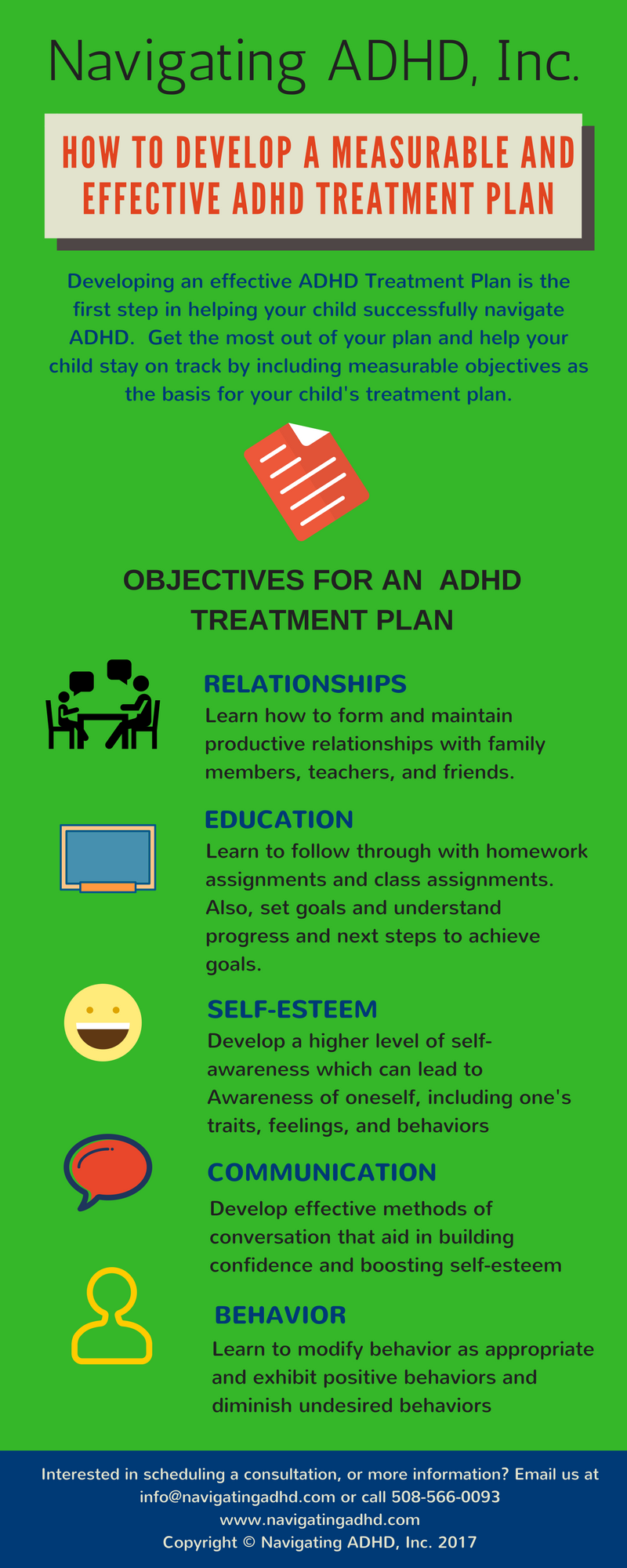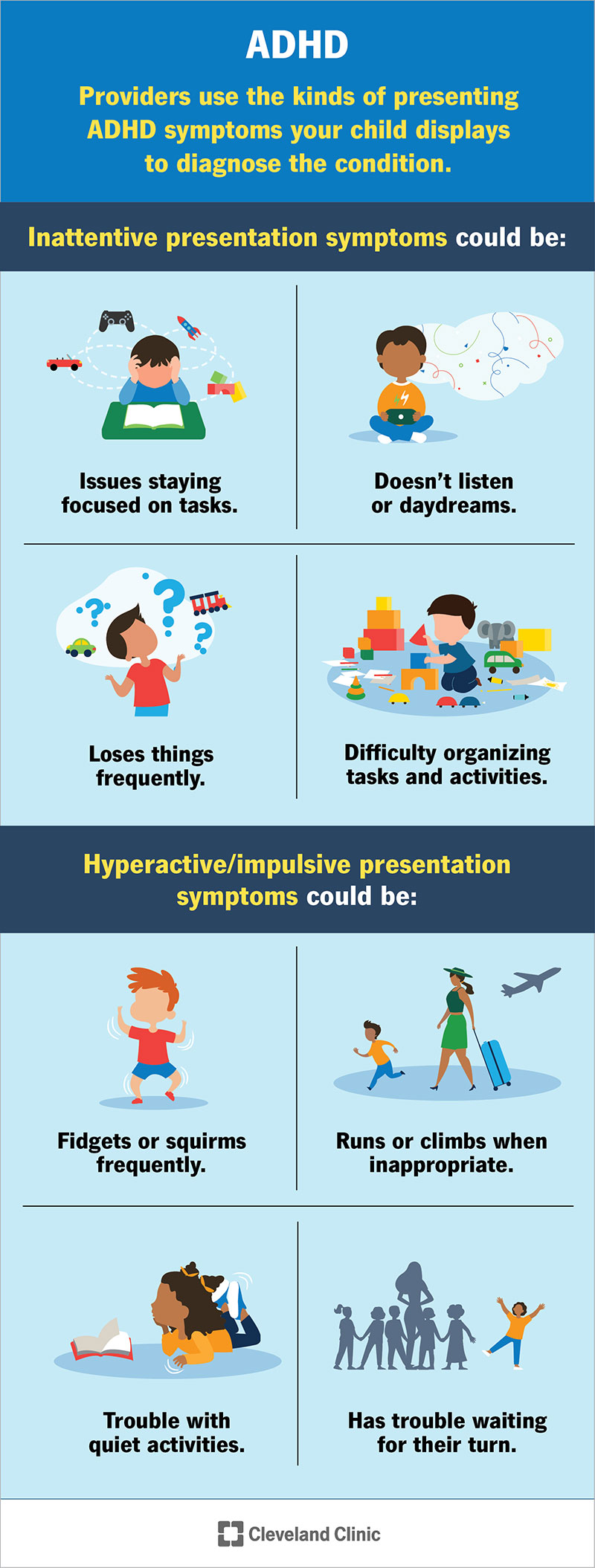ADHD Doctor Offering Effective Care Plans
ADHD Doctor Offering Effective Care Plans
Blog Article
Exploring Effective ADHD Treatment Alternatives for All Ages
The complexities of Attention Shortage Hyperactivity Condition (ADHD) present unique challenges across various age, demanding a detailed expedition of reliable treatment choices. A mix of behavior modifications, medicinal interventions, and way of living modifications has shown guarantee in addressing the diverse needs of people with ADHD. The efficacy of these strategies can vary considerably based on personal conditions, raising vital inquiries concerning customized approaches. As we take a look at the spectrum of therapy techniques offered, it becomes important to think about not only their instant effects yet also their long-term ramifications for people and family members.
Comprehending ADHD and Its Influence
Attention-Deficit/Hyperactivity Disorder (ADHD) is a neurodevelopmental problem defined by consistent patterns of negligence, hyperactivity, and impulsivity that can substantially affect numerous elements of an individual's life. It usually manifests in childhood, although signs can continue right into their adult years. The core symptoms of ADHD can interfere with instructional efficiency, prevent social interactions, and make complex work-related ventures.
Individuals with ADHD frequently have problem with maintaining emphasis on jobs, arranging activities, and following up on guidelines, which can bring about scholastic underachievement (Depression Treatment). In social contexts, impulsivity might lead to problems in forming and sustaining connections, as individuals might interrupt conversations or make rash choices without thinking about consequences
The irregularity in sign presentation implies that ADHD can affect people in a different way, demanding a tailored method to administration. Comprehensive recognition of ADHD's nature and effects lays the foundation for checking out appropriate therapy options customized to each individual's needs.
Behavioral Therapies for ADHD
Various behavior modifications have been created to efficiently address the difficulties related to ADHD, concentrating on modifying certain habits and fostering crucial skills. Amongst the most identified techniques are cognitive-behavioral therapy (CBT), parent training, and social skills training.
CBT aids individuals identify and change negative idea patterns and habits, advertising a much more favorable outlook and improved self-regulation. This therapy usually includes practical methods for handling impulsivity and improving organization. Moms and dad training programs equip caregivers by equipping them with methods to strengthen positive actions and set consistent boundaries, which can be particularly helpful for kids with ADHD.
Social skills training is one more important component, mentor individuals with ADHD how to interact effectively with peers - Depression Treatment. This technique typically entails role-playing and feedback to boost interaction, participation, and problem resolution skills
Integrating these behavior modifications into an extensive therapy strategy can considerably improve working and quality of life for people with ADHD. Ultimately, the performance of these therapies depends on customized methods that consider the distinct demands of everyone, thereby cultivating resilience and versatility in day-to-day live.
Drug Options Available
For many people with ADHD, medicine can play a substantial role in taking care of signs and improving general functioning. The two primary categories of medicines suggested for ADHD are stimulants and non-stimulants.
Stimulants, such as methylphenidate and amphetamine-based medicines, are one of the most commonly utilized therapies. These drugs function by increasing the levels of neurotransmitters, specifically dopamine and norepinephrine, in the brain, which assists boost attention and reduce impulsivity and attention deficit disorder. They commonly yield quick outcomes, making them a preferred choice for numerous patients.

It is crucial for doctor to conduct a thorough assessment to determine one of the most appropriate drug based on private demands, clinical history, and prospective adverse effects. Regular follow-up and surveillance are also vital to make certain the performance of the picked therapy and to make any kind of necessary changes.
Lifestyle Adjustments to Think About
Taking care of ADHD properly expands beyond medicine, as way of life modifications can considerably enhance general health and signs and symptom control. Integrating organized routines is important; consistent timetables assist individuals with ADHD handle their time efficiently and decrease feelings of bewilder.
Regular exercise is one more crucial element. Workout not just assists to boost focus however also boosts mood and lowers tension levels. Tasks such as yoga exercise or group sports can be especially useful, promoting both physical conditioning and social communication.
Nutrition likewise plays a critical duty. Depression Treatment. A balanced diet plan rich in omega-3 fatty acids, entire grains, and lean proteins can add to enhanced emphasis and cognitive feature. Restricting sugar and processed foods is a good idea, as these can exacerbate attention deficit disorder and impulsivity
Sleep health is necessary for handling ADHD symptoms. Developing a regular sleep routine and developing a relaxing atmosphere can improve rest top quality, causing far better attention and psychological policy.
Alternative and All Natural Techniques
Different and holistic methods to ADHD therapy provide a diverse variety of choices that complement traditional approaches. These techniques commonly concentrate on way of living modifications, nutritional interventions, and restorative techniques that aim to boost general wellness while dealing with Telehealth Psychiatrist ADHD symptoms.

Mindfulness and behavior therapies are also acquiring traction as holistic interventions. Practices such as yoga exercise, reflection, and cognitive-behavioral therapy can grow self-regulation and enhance interest. These techniques sustain emotional strength, which is especially helpful for people with ADHD.
Natural supplements, such as ginkgo biloba and ginseng, are often explored; however, it is essential to speak with healthcare experts before integrating these into therapy strategies. While option and alternative techniques can supply useful support, they must ideally be utilized in combination with evidence-based treatments to attain ideal outcomes for handling ADHD throughout any ages.
Final Thought
In summary, efficient ADHD therapy requires a comprehensive approach that consists of behavioral treatments, medication, way of living modifications, and all natural approaches. Tailored treatments can substantially improve people' functioning and quality of life, while appropriate medication makes certain optimum sign administration. Furthermore, embracing organized routines, engaging in regular physical task, and practicing mindfulness can improve emotional regulation and interest. This multifaceted method underscores the significance of customized care in resolving the varied needs of individuals with ADHD across all age groups.
Report this page